10 year cardiovascular risk assessment calculator
No single risk calculator is appropriate for all patients. However conducting a more detailed 10-year risk assessment every 4-6 years is reasonable in adults ages 40-79 who are free of cardiovascular disease.

Ascvd Risk Estimator
Cardiovascular risk assessment 10-year women.
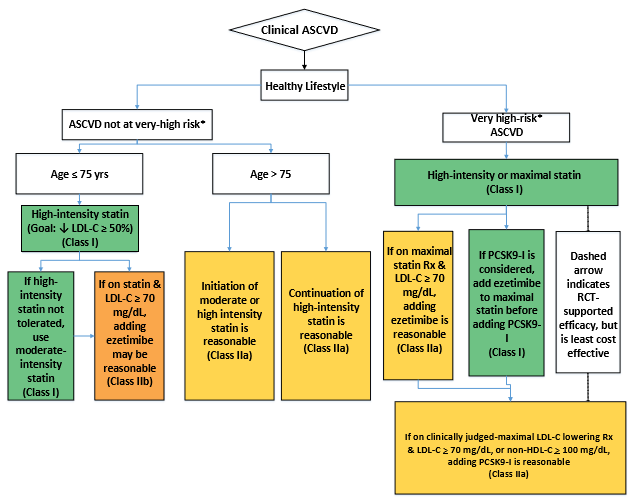
. In such patients a blood pressure target of. To continue reading this article you must log in with your personal hospital or group practice subscription. In the placebo group the 10-year risk of hard ASCVD was 87 and the risk of the expanded ASCVD endpoint that included coronary.
Cardiovascular risk assessment 10-year men. In certain populations the PCE have reasonable calibration. Even when pretest 10-year CHD risk is held constant such as at 10.
In order to assess the 10-year cardiovascular disease risk. These have been compiled in a report and published in a sup. Patients with low absolute cardiovascular risk 10-year ASCVD risk.
The health check includes a CVD risk assessment an assessment of alcohol consumption physical activity cholesterol level body mass index BMI an assessment for dementia in those aged 65-74 years and screening for diabetes mellitus and chronic kidney disease in those at increased risk of developing these conditions. The risk is categorized as follows. In such patients a blood pressure target of.
Calculating the 10-year risk for cardiovascular disease using traditional risk factors is recommended every 4-6 years in patients 20-79 years old who are free from cardiovascular disease. Calculating the 10-year risk for cardiovascular disease using traditional risk factors is recommended every 4-6 years in patients 20-79 years old who are free from cardiovascular disease. The Framingham Risk Score was first developed based on data obtained from the Framingham Heart Study to estimate the 10-year risk of developing coronary heart disease.
TAKE THE ASSESSMENT TEST. The Framingham Risk Score is a sex-specific algorithm used to estimate the 10-year cardiovascular risk of an individual. These cardiovascular risk assessments use personal health information to calculate a 10-year and lifelong risk of heart disease.
Patients with low absolute cardiovascular risk 10-year ASCVD risk. Less than 5 low risk 5 to less than 75 borderline risk 75 to less than 20 intermediate risk Greater than or equal to 20 high risk. The first QRISK model to estimate 10 year risk of cardiovascular disease was published in 20071 It was followed by an updated model QRISK2 in 2008 which included ethnic origin and additional risk factors type 2 diabetes rheumatoid arthritis atrial fibrillation and chronic renal disease.
This peer-reviewed online calculator uses the Pooled Cohort Equations to estimate the 10-year primary risk of ASCVD atherosclerotic cardiovascular disease among patients without pre-existing cardiovascular disease who are between 40 and 79 years of age. A persons 10 year. Calculating the 10-year risk for cardiovascular disease using traditional risk factors is recommended every 4-6 years in patients 20-79 years old who are free from cardiovascular disease.
Cardiovascular risk assessment in adults 10-year ACCAHA 2013 conventional and SI units. T in top 10 Heart Disease Blogs of 2012 Cardiac perspectives from a heart surgeon Professionals. However conducting a more detailed 10-year risk assessment every 4-6 years is reasonable in adults ages 40-79 who are free of cardiovascular disease.
The 10-year heart attack and stroke risk assessment calculator link opens in new window published by the American Heart Association and American College of Cardiology accurately predicts risk and does a good job at ranking people most likely to have future cardiovascular events according to a new analysis link opens in new window published in the. This peer-reviewed online calculator uses the Pooled Cohort Equations to estimate the 10-year primary risk of ASCVD atherosclerotic cardiovascular disease among patients without pre-existing cardiovascular disease who are between 40 and 79 years of age. Systematic Evidence Review from the Risk Assessment Work Group.
Calculate your 10-year risk of heart disease or stroke using the ASCVD algorithm published in 2013 ACCAHA Guideline on the Assessment of Cardiovascular Risk. Atherosclerotic Cardiovascular Disease ASCVD Risk Calculator. Abdominal aortic aneurysm Beyond the Basics.
If you have your cholesterol levels and blood sugar results ready you may also take the Framingham 10-Year Heart Disease Risk Test to calculate your risk of heart disease. However conducting a more detailed 10-year risk assessment every 4-6 years is reasonable in adults ages 40-79 who are free of cardiovascular disease. 1 Patients are considered to be at elevated risk if the Pooled Cohort Equations predicted risk is.
Estimate 10-year risk for atherosclerotic cardiovascular disease. This calculator is intended for men with no prior history of cardiovascular disease see next bullet. A history of cardiovascular disease means a person has or had in the past blocked arteries a heart attack a stroke or heart failure.
The risk score can help you make lifestyle changes or take medicines to prevent heart disease. The ASCVD Risk Assessment Calculator gives both the 10-year and lifetime risk of developing atherosclerotic heart disease which includes heart attack and stroke. Ten Year Risk Assessment.
For example in a white man without CHD risk factors a CAC score of 50 reassuringly reduces the posttest risk estimate example 7 whereas in a 55-year-old Hispanic woman with many CHD risk factors the same CAC score would predict an elevation in posttest risk example 10. Cardiovascular Disease Risk Calculator. It helps predict the risk over 10 years of heart attack stroke or death from cardiovascular disease.
A cardiac risk calculator cardiovascular risk assessment evaluates your unique information to gauge your future risk. Cardiovascular risk assessment in adults 10-year ACCAHA 2013 Patient education RELATED TOPICS. Since then QRISK2 has been updated annually and.
This calculator helps health care providers to estimate 10-year risk for atherosclerotic cardiovascular disease ASCVD defined as coronary death or nonfatal myocardial infarction or fatal or nonfatal stroke based on the Pooled Cohort Equations. 1 Patients are considered to be at elevated risk if the Pooled Cohort Equations predicted risk is. Published Nov 2013 Download PDF 2 MB.
Assessment of Cardiovascular Risk. Cardiovascular risk assessment in adults 10-year ACCAHA 2013 conventional and SI units Close. From healthy diet plans to helpful weight loss tools here youll find WebMDs latest diet news and information.
All experts involved in the development of these guidelines have submitted declarations of interest. If you have generally it is recommended that you discuss with your doctor about starting aspirin and a statin. You may be at risk for cardiovascular disease.
This calculator assumes that you have not had a prior heart attack or stroke.

10 Year Cvd Risk Calculator Risk Assessment Tool For Estimating Your 10 Year Risk Of Having A Heart Attack Ver Assessment Tools Assessment Cardiovascular Risk
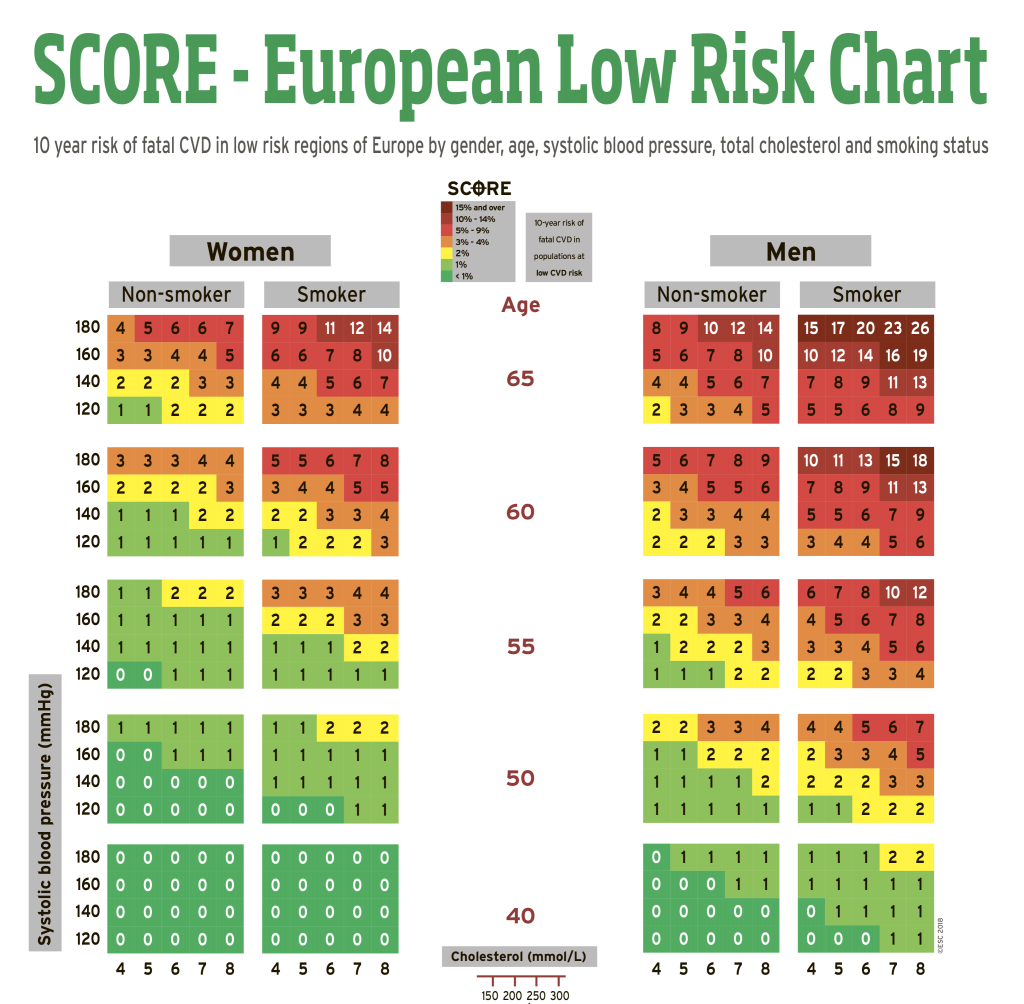
Cardiovascular Risk Assessment Healsens Digital Preventive Care
Ascvd Risk Calculator
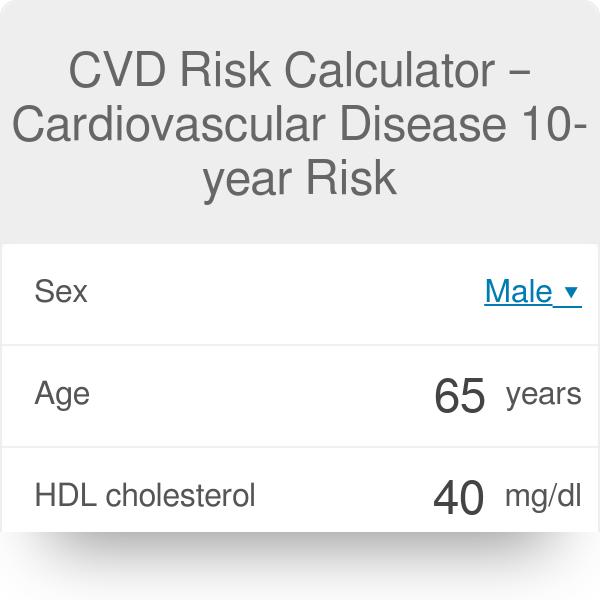
Cvd 10 Year Risk Calculator Framingham Study
Continuing Medical Implementation Inc

Ascvd Risk Estimator

Are You At Risk Of Heart Disease Heart Foundation

Acc Indicates American College Of Cardiology Aha American Heart Association And Ascvd Atherosclerotic Cardiovascular Disease Fnp Cardiovascular Disease

Ascvd Risk Estimator
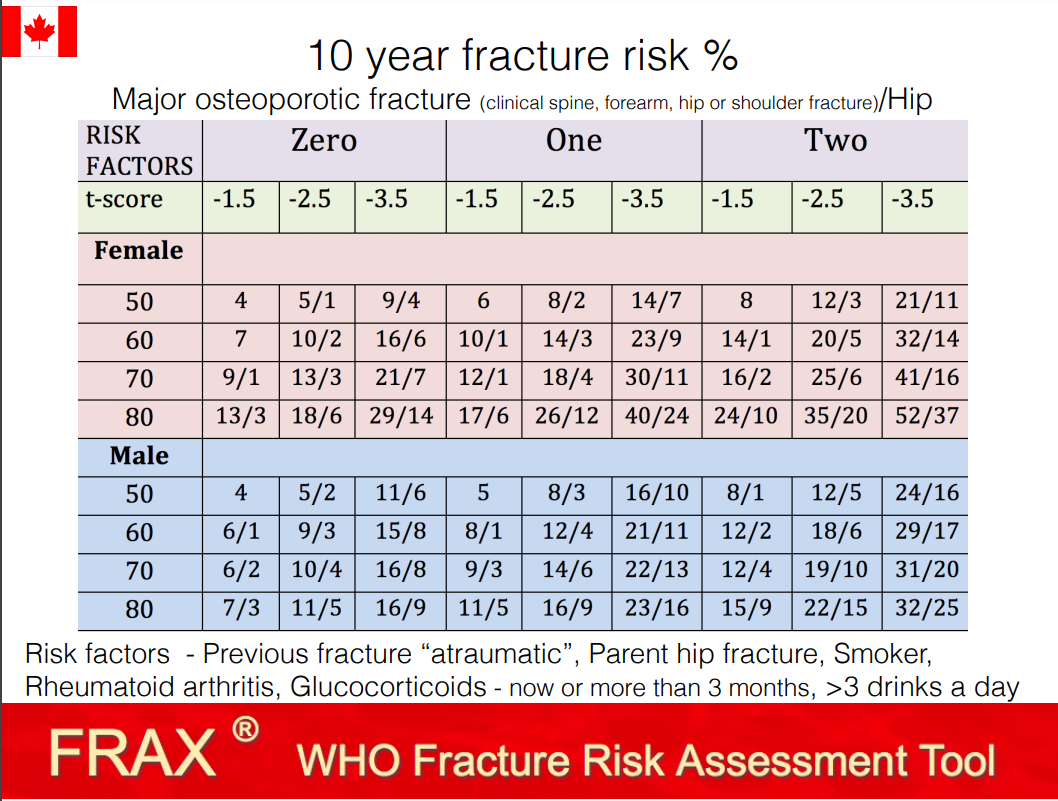
Therapeutics Education Collaboration Tools

Score Chart 10 Year Risk Of Fatal Cardiovascular Disease In Download Scientific Diagram
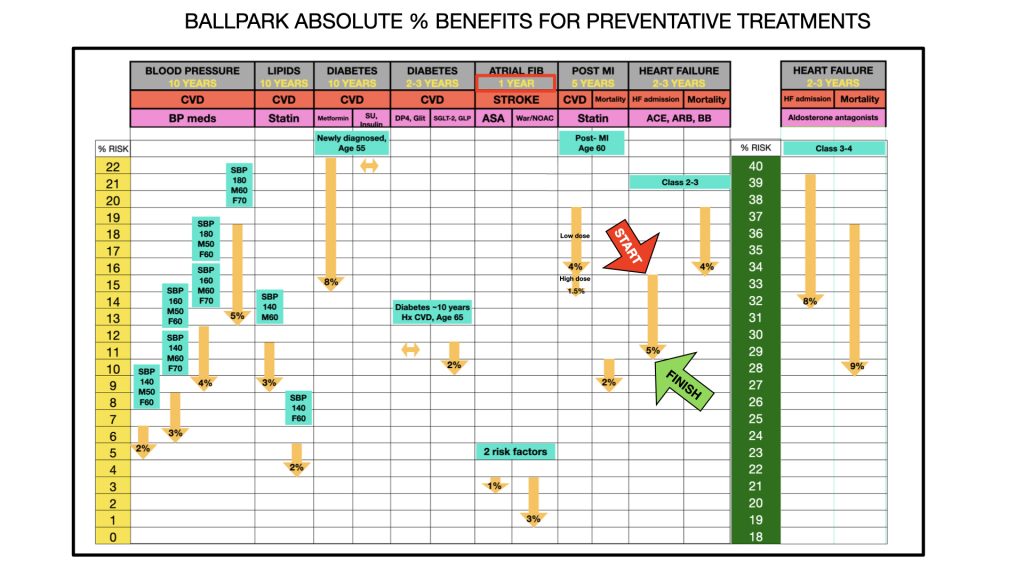
Therapeutics Education Collaboration Tools

Score Chart 10 Year Risk Of Fatal Cardiovascular Disease In Download Scientific Diagram
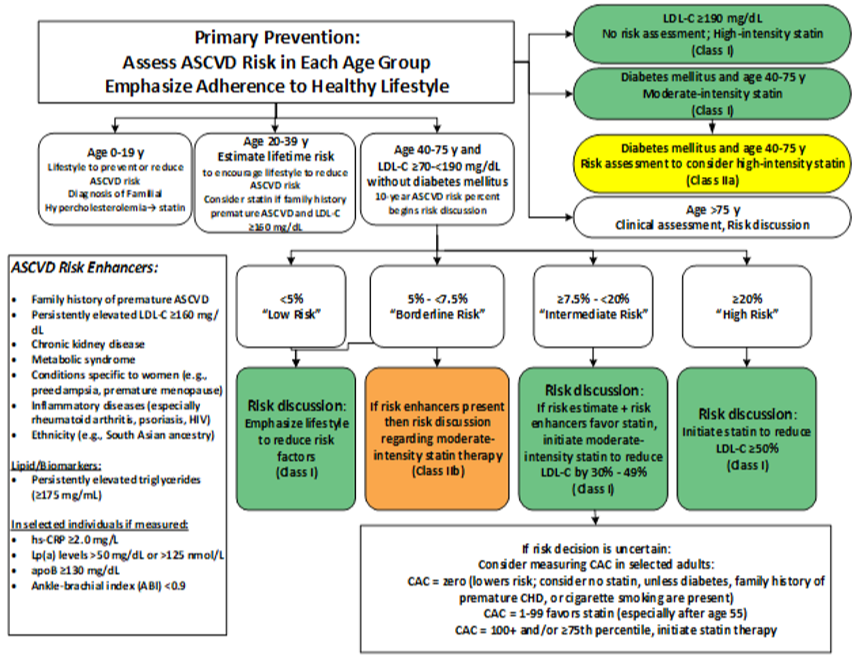
Ascvd Risk Estimator
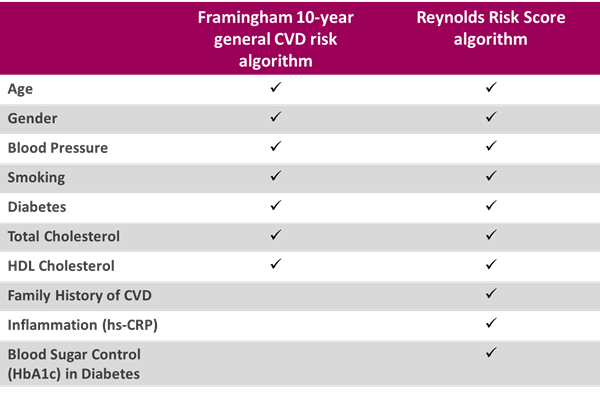
Comparing Online Cardiovascular Disease Risk Assessment Tools Zrt Laboratory
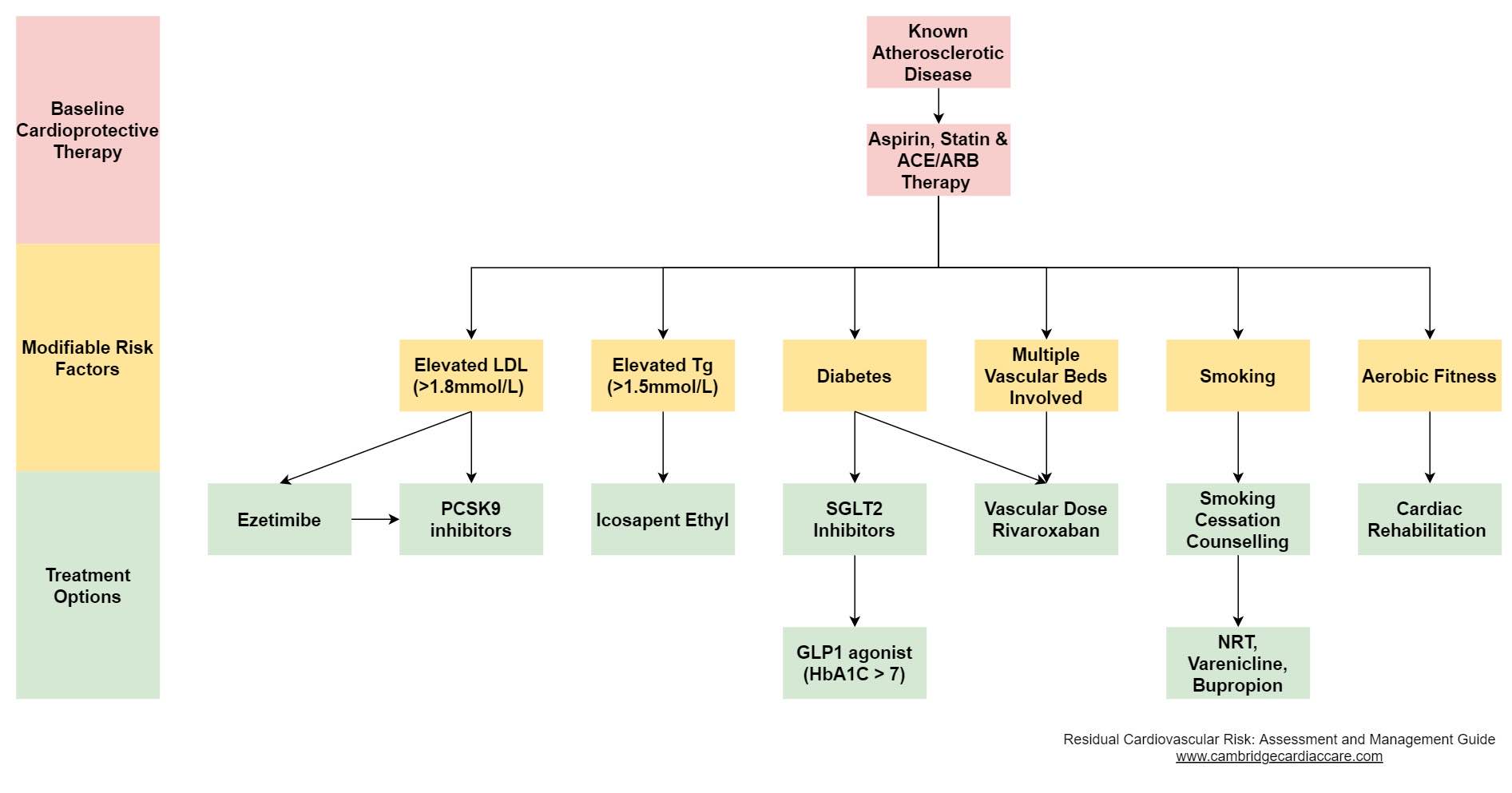
Residual Cardiovascular Risk Assessment And Management Guide Cambridge Cardiac Care Centre
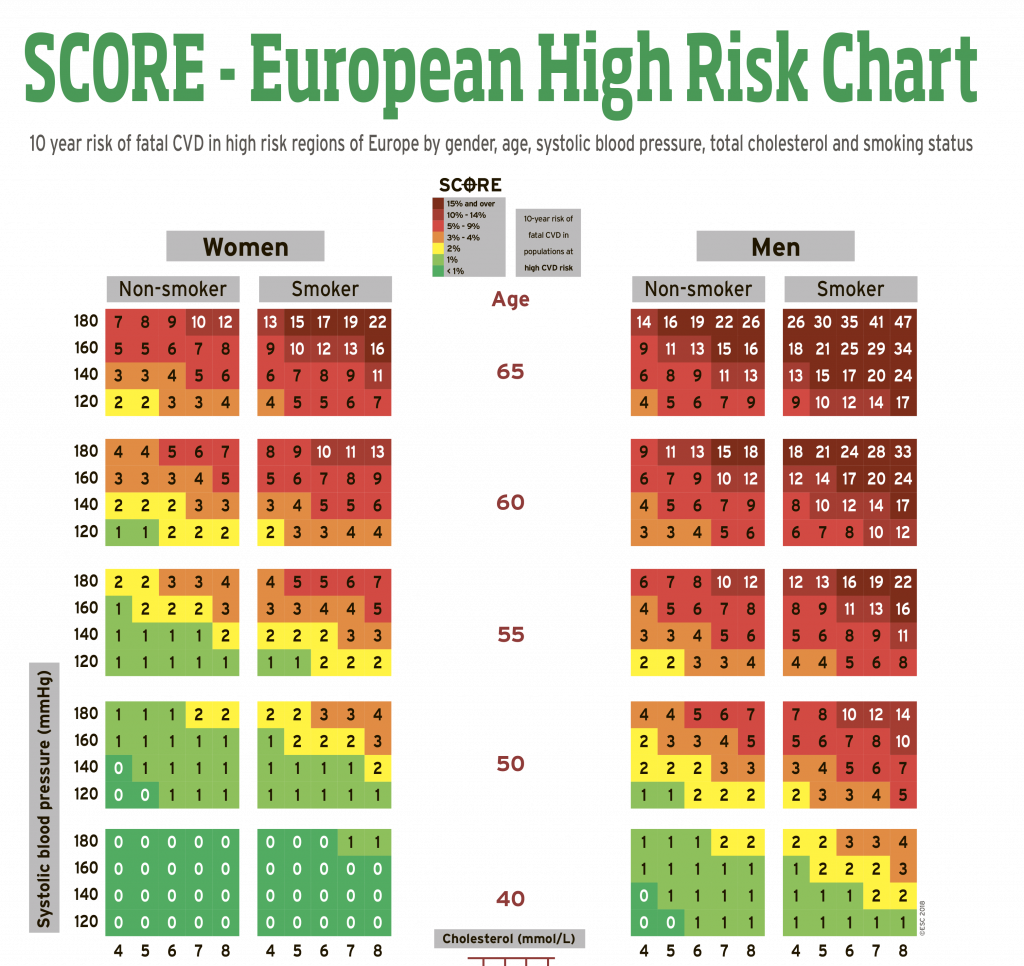
Cardiovascular Risk Assessment Healsens Digital Preventive Care